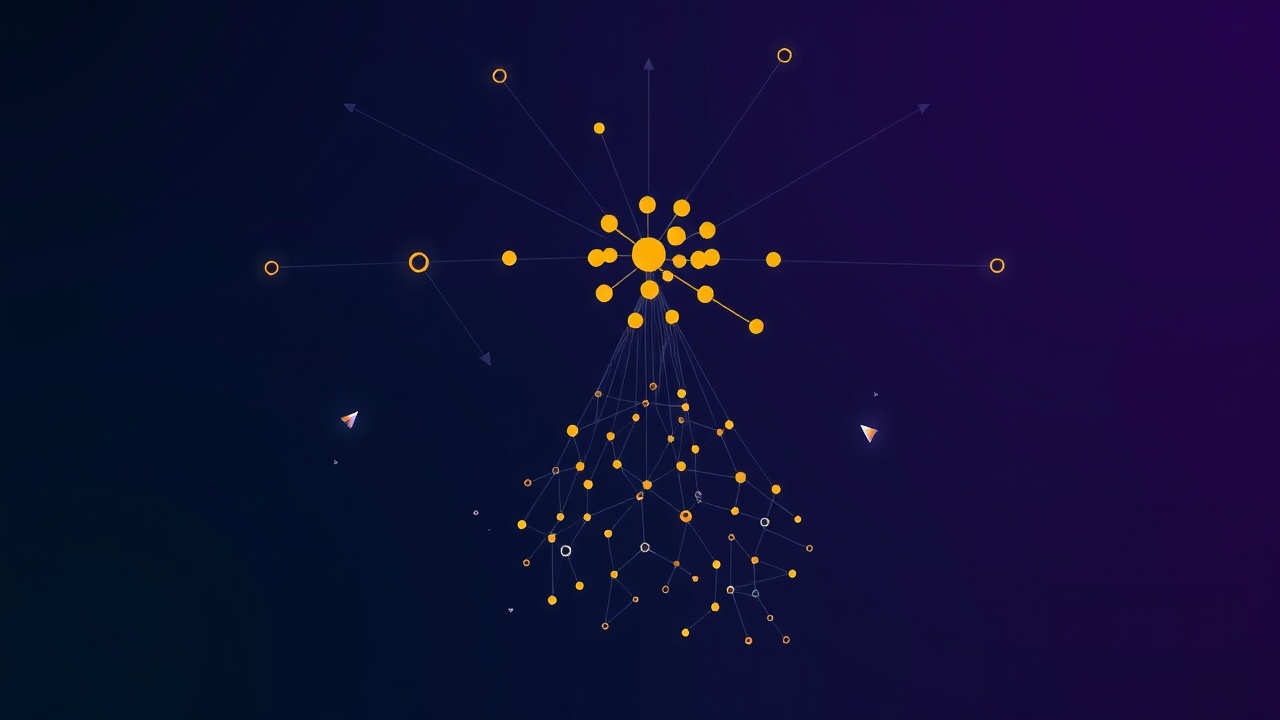Bitcoin Knots Gains Traction
Recent analytics reveal that Bitcoin Knots, a notable alternative client for Bitcoin, has risen to constitute approximately 19% of all active nodes on the network. This surge is noteworthy amidst a growing divide within the Bitcoin community, where discussions about transaction relay policies and client preferences have intensified.
Current Node Distribution
As of September 9, data from Coin Dance shows Bitcoin Core maintaining dominance with 18,758 nodes, translating to an 80.77% network share. Bitcoin Knots, with its 4,417 nodes, now represents 19.02% of active participants. Other clients in the ecosystem include one Libbitcoin node, 23 BTCD nodes, and 14 Bitcore nodes.
Client Versions and Community Reactions
The three principal client versions currently in use are:
- Bitcoin Core’s /Satoshi:29.0.0/
- Bitcoin Core’s /Satoshi:28.1.0/
- Bitcoin Knots’ /Satoshi:28.1.0/Knots:20250305/
This uptick for Knots follows the recent announcement from developer Gloria Zhao regarding the release of Bitcoin Core v29.1, which has sparked considerable criticism among Knots supporters. On social media platform X, many users expressed dissatisfaction with Core’s new release. One user, Justin Belcher, commented on their choice to use Knots due to feeling inadequately addressed by the development team. Another user, Tom Dobridge, expressed concerns about a perceived lack of transparency and respect towards critics of the updated protocol.
Mixed Reactions to Announcements
Zhao’s initial announcement post garnered mixed reactions, yielding 20,000 impressions but only a meager 162 likes and 22 reposts by 9:30 a.m. ET on September 9.
In contrast, a prior post from the Bitcoin Core Project on August 29 amassed nearly 94,000 impressions, highlighting the divergent reception of these communications. Criticism directed at Zhao’s post was prevalent, with about 93% of the 72 replies disapproving of v29.1, as users either endorsed Bitcoin Knots or declared their refusal to update.
Future Implications
The discussion surrounding node clients has evolved into a commentary on Bitcoin’s governance and network policy, particularly concerning how transactions are handled. As the call for improved communication from developers grows louder, future updates may further escalate these debates within the community. Notably, Bitcoin Core version 30 is set for release on October 30, 2025, which will implement significant changes including the removal of the OP_RETURN data size limit, potentially reshaping interactions around transaction relay and spam management.




